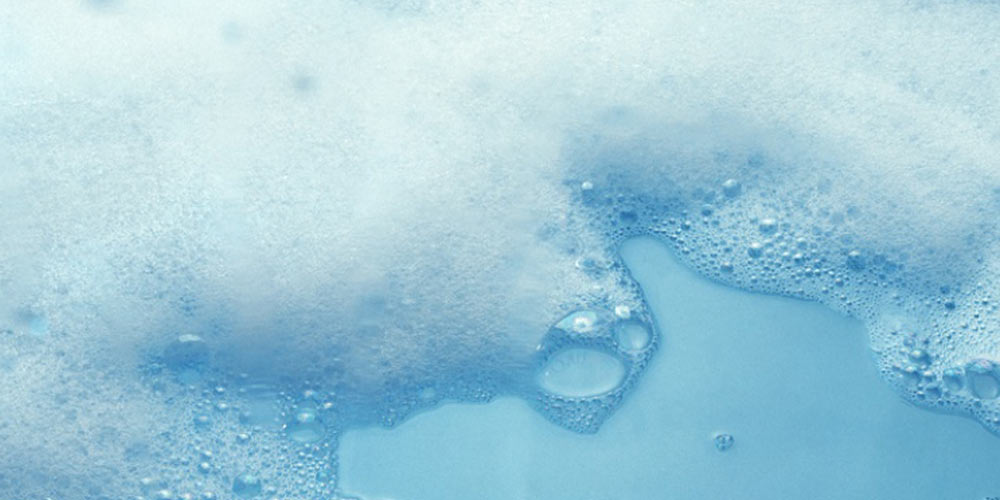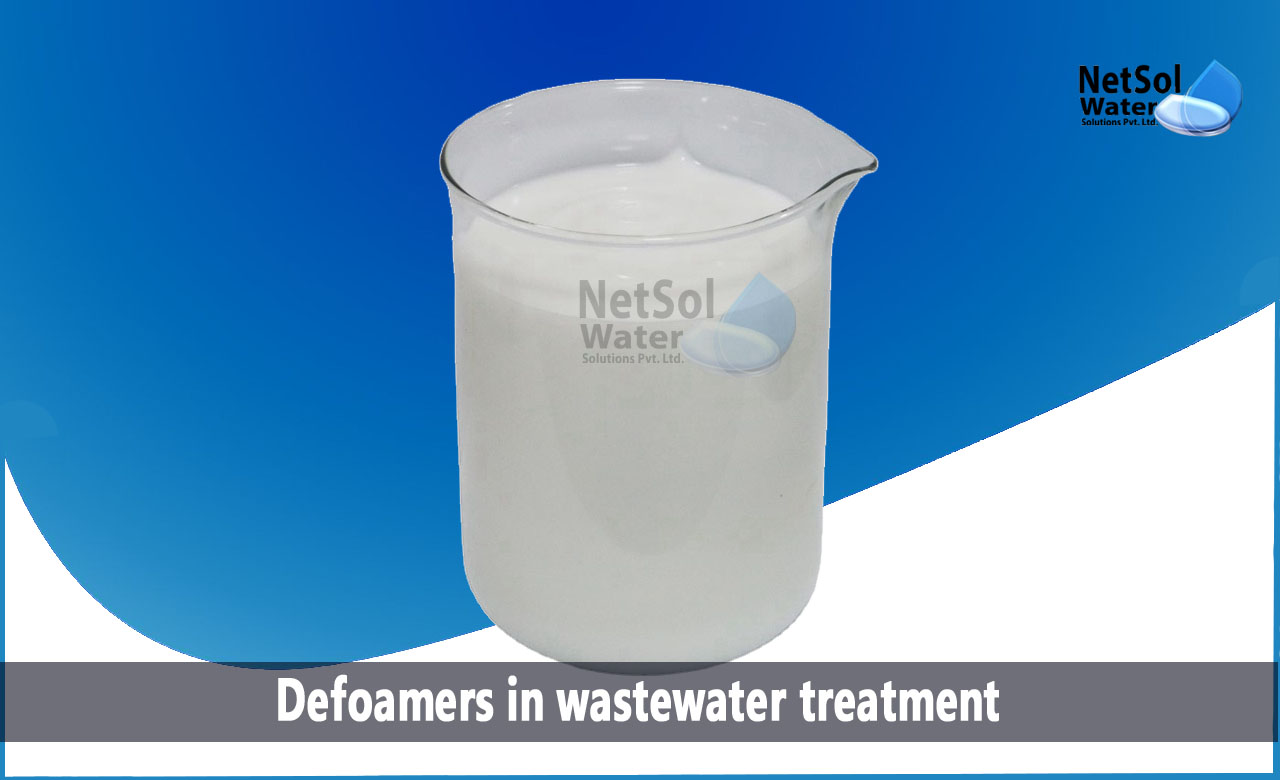Why Defoamers Are Essential in Water Treatment and Waste Management
Why Defoamers Are Essential in Water Treatment and Waste Management
Blog Article
The Duty of Defoamers in Enhancing Item Quality and Efficiency
In various manufacturing procedures, the existence of foam can significantly prevent product quality and functional efficiency. Defoamers work as necessary ingredients that minimize this problem, guaranteeing smoother manufacturing process while boosting the practical and aesthetic features of the final products (defoamers). Their application extends a plethora of industries, from food and beverage to drugs, where uniformity and integrity are vital. The option of the suitable defoamer can be critical to achieving optimal outcomes, elevating vital concerns regarding solution compatibility and performance metrics that merit more expedition.
Recognizing Defoamers
Recognizing the duty of defoamers is essential for maintaining product top quality throughout numerous sectors. Defoamers are chemical ingredients made to avoid the formation and decrease of foam in fluid systems, which can negatively impact processes such as mixing, filling, and surface tension. Foaming can lead to inefficiencies, item issues, and endangered visual allure, making defoamers a crucial element in making procedures.
In commercial applications, defoamers assist to improve item consistency and security. The effective usage of defoamers not only ensures smoother manufacturing processes however also contributes to exceptional item performance.
In addition, the selection and formula of a defoamer should straighten with particular application needs, such as compatibility with other components, efficiency under varying temperature and pH conditions, and prospective regulatory restraints. Eventually, understanding defoamers' features and their importance in different solutions is essential for optimizing production and making certain the best output.
Types of Defoamers
Defoamers can be classified right into numerous types based upon their make-up and device of activity. The primary types consist of silicone-based, non-silicone natural, and inorganic defoamers.
Silicone-based defoamers are amongst one of the most effective, largely because of their capability to spread out promptly on the liquid surface and disrupt foam formation. Their distinct chemical framework enables for remarkable security, making them ideal for high-temperature applications and environments with differing pH degrees.
Non-silicone natural defoamers, frequently composed of all-natural oils or fatty acids, are valued for their biodegradability and lower toxicity. These are normally made use of in food and beverage applications where safety and environmental impact are critical.
Not natural defoamers, that include substances like talc or calcium carbonate, act by enhancing the density of the liquid, thereby decreasing foam security. They are frequently used in industrial procedures where compatibility with various other products is not a problem.
Each kind of defoamer has distinct benefits and restrictions, enabling tailored services depending on the specific frothing concerns come across in different applications. Comprehending these differences is crucial for maximizing performance and attaining desired item high quality.
Applications Across Industries
Various markets take advantage of defoamers to improve item top quality and operational efficiency. In the food and beverage sector, defoamers are crucial in procedures such as developing and dairy products production to avoid foam formation, which can lead to inefficiencies and item variance. By managing foam, manufacturers can make sure better return and a more consistent product.
In the pharmaceutical sector, defoamers play a crucial role in the formula of fluid medicines, where extreme foam can impede mixing and exact dosing. Their use helps keep the integrity of the formulas and facilitates smoother production processes.
The paint and finishes industry likewise counts on defoamers to enhance the performance of products during application. By decreasing foam, these ingredients ensure a smoother surface and boost the aesthetic high qualities of the final item.

Advantages of Using Defoamers
While the application of defoamers differs throughout markets, their benefits constantly improve item quality and procedure performance. One substantial benefit is the reduction of foam formation during manufacturing procedures, which can or else cause production delays and disparities in product top quality. By decreasing foam, defoamers make it possible for a smoother circulation of materials, helping with much more reliable operations and decreasing the possibility of equipment breakdowns.
Furthermore, using defoamers can enhance the look and texture of last items. In markets such as finishings, paints, and food handling, extreme foam can compromise the visual looks and general top quality, while the proper defoamer application makes sure a consistent surface and desirable characteristics. In addition, defoamers can contribute to set you back financial savings by decreasing waste throughout manufacturing and enhancing the usage of raw products (defoamers).

Choosing the Right Defoamer
Picking the right defoamer is vital for optimizing manufacturing procedures and making certain product high quality. The selection of defoamer influences not just the effectiveness of foam control but additionally the total performance characteristics of the end product. Elements to consider include the type of application, the chemistry of the formula, and the environmental problems under which the product will be utilized.
Various industries may need particular defoamer kinds, such as silicone-based, organic, or polymeric defoamers. Comprehending the compatibility of the defoamer with the key components is vital to avoid unfavorable responses that can compromise item honesty. In addition, the defoamer's efficiency in different temperatures and pH levels need to be evaluated to make sure consistent performance.
Testing the defoamer in small-scale applications can provide useful understandings right into its efficiency and viability. Factor to consider of regulative conformity, particularly in food, drugs, and cosmetics, is extremely important in picking a defoamer. Ultimately, a comprehensive evaluation of these variables will certainly result in the selection of a defoamer that not just manages foam efficiently but also boosts the quality and performance of the end product.
Verdict

In final thought, defoamers are important ingredients that dramatically improve product top quality and performance throughout various sectors. By properly lowering foam development, these agents not just improve operational efficiency however additionally add to the visual and useful integrity of products. The strategic selection and application of defoamers cause cost savings, enhanced resource usage, and raised client complete satisfaction. Generally, the value of defoamers in industrial processes can not be overstated, as they play a crucial function in attaining top notch and consistent outcomes.
Frothing can lead to inefficiencies, item problems, and endangered aesthetic appeal, making defoamers a vital component in manufacturing procedures.

Report this page